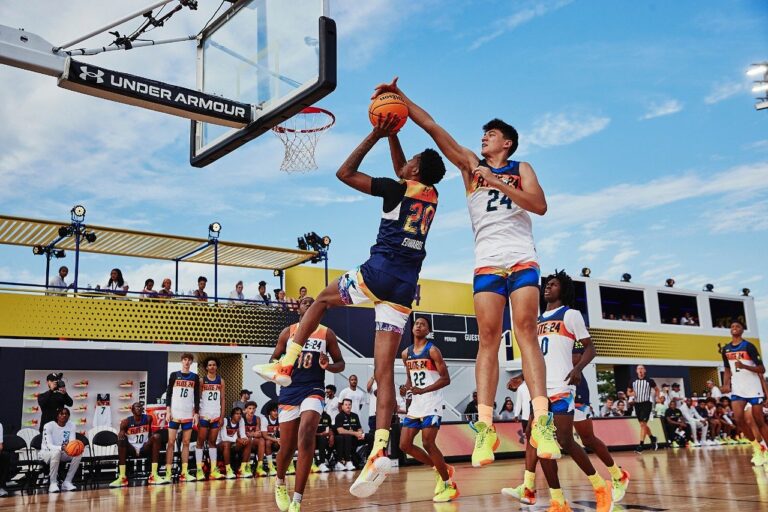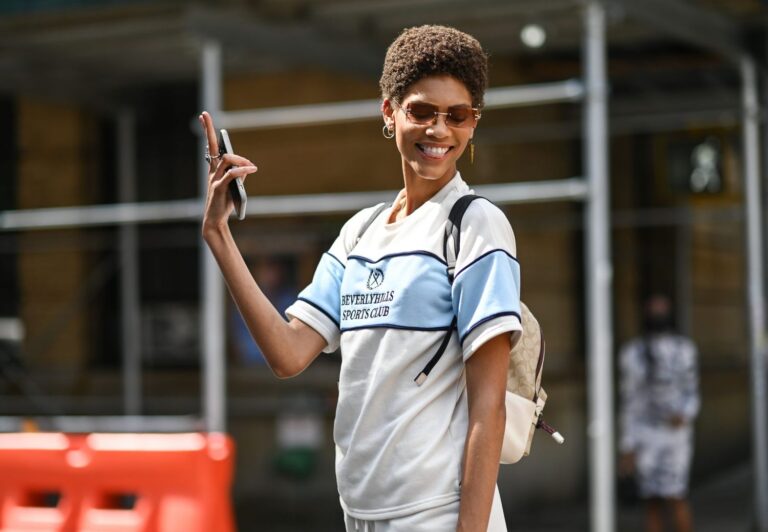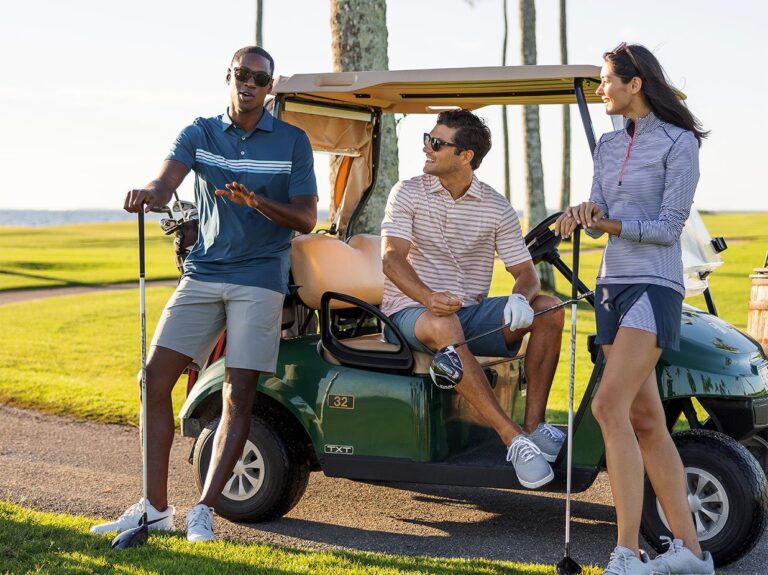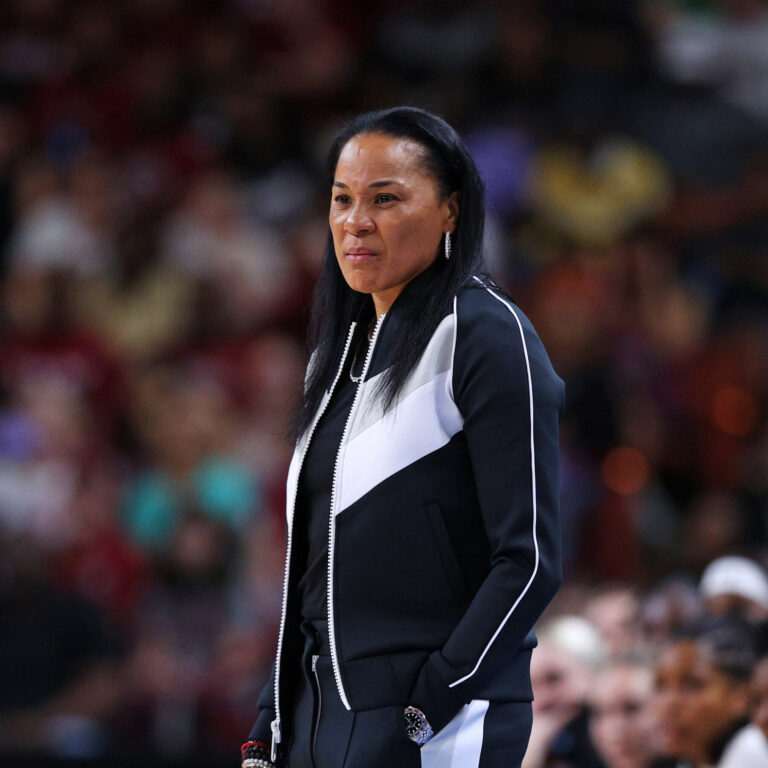Face masks have become a common sight in the world of basketball, with many players opting to wear them for various reasons. Whether it’s for protection from injury or for medical reasons, face masks have become an integral part of the game. In recent years, the use of face masks in basketball has gained popularity, with more and more players choosing to wear them during games and practices. This trend has sparked a debate about the impact of face masks on performance and the overall benefits and limitations of using them in the sport. In this article, we will explore the importance of protection in basketball, the impact of face masks on performance, the different types of face masks used in basketball, the benefits of wearing face masks, and the challenges and limitations of using them in the sport. We will also provide recommendations for using face masks in basketball to help players make informed decisions about whether or not to incorporate them into their game.
Key Takeaways
- Face masks are being increasingly used in basketball to protect players from injuries and to prevent the spread of illnesses.
- Protection is crucial in basketball to prevent facial injuries and to maintain the health and safety of players on the court.
- Face masks can have an impact on a player’s performance, including their vision, breathing, and comfort level during play.
- There are different types of face masks used in basketball, including clear, tinted, and custom-fitted options.
- Wearing face masks in basketball can provide benefits such as protection from facial injuries, prevention of the spread of illnesses, and psychological reassurance for players.
The importance of protection in basketball
Protection is a crucial aspect of any sport, and basketball is no exception. With the physical nature of the game, players are constantly at risk of injury, particularly to the face and head. Injuries such as broken noses, facial fractures, and dental injuries are not uncommon in basketball, and can have serious consequences for players. This is where face masks come into play, providing an added layer of protection for players who are at risk of facial injuries. By wearing a face mask, players can reduce their chances of sustaining these types of injuries, allowing them to play with confidence and without fear of getting hurt. Additionally, face masks can also protect players from airborne particles and germs, particularly in light of the COVID-19 pandemic. By wearing a mask, players can minimize their risk of exposure to respiratory droplets and other contaminants, helping to keep themselves and their teammates safe during games and practices.
On the other hand, some argue that wearing a face mask can hinder a player’s performance on the court. The added weight and bulkiness of a mask can potentially affect a player’s agility, speed, and overall comfort during play. Additionally, some players may find it difficult to breathe properly while wearing a mask, which can impact their endurance and stamina throughout a game. Despite these potential drawbacks, it’s important to weigh the risks and benefits of wearing a face mask in basketball, taking into consideration the individual needs and preferences of each player.
The impact of face masks on performance
The impact of face masks on performance in basketball is a topic of much debate among players, coaches, and sports medicine professionals. While some argue that wearing a face mask can hinder a player’s performance on the court, others believe that it can actually enhance their performance by providing added protection and peace of mind. It’s important to consider the potential effects of wearing a face mask on various aspects of a player’s performance, including their physical abilities, mental focus, and overall comfort during play.
Physically, wearing a face mask can present challenges for players, particularly in terms of agility, speed, and endurance. The added weight and bulkiness of a mask can potentially slow down a player’s movements and make it more difficult for them to maneuver around the court. Additionally, some players may find it harder to breathe properly while wearing a mask, which can impact their stamina and overall energy levels during a game. These physical challenges can have a direct impact on a player’s performance, affecting their ability to keep up with the pace of the game and make quick, decisive movements on the court.
Mentally, wearing a face mask can also affect a player’s focus and comfort during play. Some players may feel self-conscious or restricted while wearing a mask, which can impact their confidence and overall mindset on the court. Additionally, the discomfort of wearing a mask can be distracting for some players, making it harder for them to stay fully engaged in the game. These mental challenges can have an indirect but significant impact on a player’s performance, affecting their ability to stay focused, make quick decisions, and perform at their best.
Types of face masks used in basketball
| Type of Face Mask | Description |
|---|---|
| Cloth Masks | Reusable and washable, often made of cotton or polyester. |
| Surgical Masks | Disposable masks designed to protect against large droplets or sprays. |
| N95 Respirators | Tightly fitted masks designed to filter out 95% of airborne particles. |
| Face Shields | Clear plastic shields that cover the face, often used in addition to masks. |
There are several types of face masks used in basketball, each designed to provide different levels of protection and comfort for players. One common type of face mask is the clear plastic shield that covers the entire face, providing maximum protection from impact injuries while allowing for unobstructed vision. This type of mask is often used by players who have recently undergone facial surgery or sustained a serious facial injury, as it provides comprehensive protection for the entire face.
Another type of face mask commonly used in basketball is the nose guard, which is designed specifically to protect the nose from injury. This type of mask is typically made from lightweight materials such as plastic or metal, and is worn over the nose to prevent it from being broken or fractured during play. Nose guards are popular among players who have previously broken their nose or are at risk of sustaining a nasal injury due to the physical nature of the game.
In addition to these specialized face masks, some players may opt to wear standard medical or cloth masks for added protection from airborne particles and germs. These masks are not designed specifically for sports use but can still provide some level of protection for players who are concerned about respiratory droplets and other contaminants during games and practices.
The benefits of wearing face masks in basketball
Despite the potential challenges and limitations of wearing face masks in basketball, there are also several benefits to consider. One of the primary benefits of wearing a face mask is the added protection it provides against facial injuries. By wearing a mask, players can reduce their risk of sustaining broken noses, facial fractures, dental injuries, and other types of facial trauma that are common in basketball. This added protection can give players peace of mind and confidence on the court, allowing them to play without fear of getting hurt.
Additionally, wearing a face mask can also provide protection against airborne particles and germs, particularly in light of the COVID-19 pandemic. By wearing a mask, players can minimize their risk of exposure to respiratory droplets and other contaminants during games and practices, helping to keep themselves and their teammates safe. This added layer of protection can contribute to a safer playing environment for everyone involved in the game.
Furthermore, wearing a face mask can also serve as a form of injury prevention for players who are at risk of sustaining facial injuries due to their position or playing style. By proactively wearing a mask, these players can reduce their chances of getting hurt and stay healthier throughout the season. This can ultimately contribute to better overall performance and longevity in the sport.
Challenges and limitations of using face masks in basketball

While there are clear benefits to wearing face masks in basketball, there are also several challenges and limitations that players should consider. One major challenge is the potential impact on a player’s physical performance on the court. The added weight and bulkiness of a mask can potentially slow down a player’s movements and make it more difficult for them to maneuver around the court with agility and speed. Additionally, some players may find it harder to breathe properly while wearing a mask, which can impact their endurance and overall energy levels during a game.
Another challenge is the potential impact on a player’s mental focus and comfort during play. Some players may feel self-conscious or restricted while wearing a mask, which can affect their confidence and overall mindset on the court. Additionally, the discomfort of wearing a mask can be distracting for some players, making it harder for them to stay fully engaged in the game.
Furthermore, there may be limitations in terms of finding a mask that fits comfortably and securely for each individual player. Not all masks are created equal, and finding one that provides adequate protection without hindering performance can be a challenge. Additionally, some players may struggle with adjusting to wearing a mask during play, particularly if they have never worn one before.
Do Beach Soccer Safety Practices, Like Headgear, Apply to Basketball Face Masks?
Beach soccer headgear is specifically designed to protect players from impacts on sandy surfaces, where falls and collisions are common. In contrast, basketball face masks serve a different purpose, safeguarding against facial injuries on hard indoor courts. While both offer protection, their application varies based on the sport’s unique environment and contact risks.
Recommendations for using face masks in basketball
In light of the potential benefits and challenges associated with wearing face masks in basketball, it’s important for players to make informed decisions about whether or not to incorporate them into their game. For players who have recently undergone facial surgery or sustained a serious facial injury, wearing a clear plastic shield that covers the entire face may be necessary for comprehensive protection during play. These players should work closely with their medical team to find a mask that fits comfortably and securely while providing adequate protection.
For players who are at risk of sustaining nasal injuries due to the physical nature of the game, wearing a nose guard may be beneficial for added protection without significantly hindering performance. These players should also prioritize finding a mask that fits securely and comfortably while allowing for unobstructed vision and breathing.
For players who are concerned about respiratory droplets and other contaminants during games and practices, wearing standard medical or cloth masks may provide some level of protection without significantly impacting performance. These players should prioritize finding masks that fit securely and comfortably while allowing for adequate airflow during play.
Ultimately, each player should carefully consider their individual needs and preferences when deciding whether or not to wear a face mask in basketball. It’s important to prioritize both protection and performance when making this decision, taking into account the potential benefits and limitations associated with wearing a mask on the court. By making informed choices about using face masks in basketball, players can prioritize their safety while continuing to perform at their best in the sport they love.
If you’re interested in learning about the best sports to lose belly fat, check out this article on Off to Sports. It provides valuable information on how different sports can help you achieve your fitness goals.





